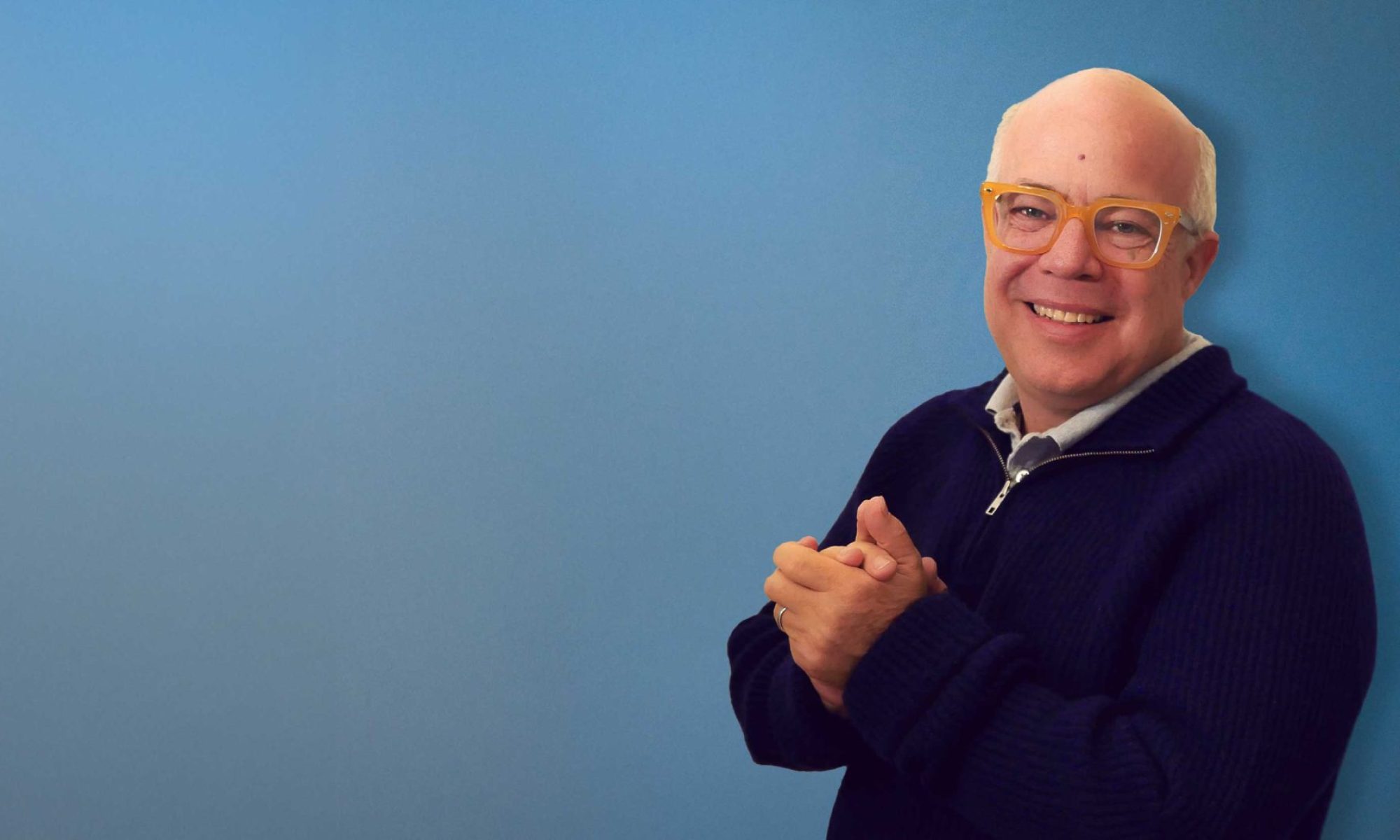A new study released in Applied Psychology found that people with a highly rational thinking style actually became more biased as the stakes went up. The authors suggest that in an escalating situation, the highly analytical thinkers were less able to tune into the dissonance that would cause them to challenge their own assumptions.
In other words: They ignored the feeling that they were on the wrong track.
The common view is that we need to be rational to make optimal decisions, but it’s just not true. The last century has been driven by this paradigm and the results are clear – while we have incredible technical excellence, we are failing as a species. My contention: “Analytical = Better” is one of the most pervasive and destructive myths of our era.
If wisdom is to be found, it is not within the paralyzing prison of logic alone.

It is interesting. We have such myth.
Some thinkers think “concern” drives situational appraisal. Concern is a kind of feeling. Feeling can manage problem solving.
Hi Ryuji – just for clarification:
In English “concern” is typically associated with “anxiety” which means it is in the family of the emotion fear. Fear serves to focus attention on risk and commitment. So “concern-that-is-fear” would cause someone to shift their thinking to an evaluative process — as you said, to appraise the situation.
Incidentally, we do not have fear without care. “I am concerned for your safety” = “I am afraid because I perceive risk”+”I care about you.”
Does that also make sense in Japanese?
=:-)
– Josh
Most people describe me as highly practical and logical. I agree with that. However, most people also describe me as highly intuitive. I also agree with that. There have been countless times in my life when, despite all the “evidence,” my gut — my feelings — were telling me something else. When that happens, I respect what my gut is telling me and I stop to look for evidence. What I mean by that is I use my gut feelings as a signal that I have missed something so I re-assess the entire situation. I typically make very interesting discoveries when I listen to my gut in this fashion. I don’t think that wisdom is ever found by holding fast to what we think we already know!
Bobbi that’s so well said.
It’s impossible to learn when we’re certain.
There’s an exercise we sometimes do in the L1 Cert course where we ask people a particular question, and I love watching people as they decide they’ve figured out the answer. Most frequently, once they “get it,” they STOP LOOKING. Yet most of the answers are incomplete… so by saying, “oh, now I know,” and stopping the process of discovery, they shut off the possibility of full understanding.
Certainty is an enemy of learning.
But uncertainty is difficult to maintain. It’s uncomfortable for me, and many others it seems, to “not know.” So the willingness (and ability?) to stay in discomfort is essential… and I contend that takes emotional intelligence!!
I agree with how you stated that: certainty is an enemy of learning. Last year I took a class on creativity (in the workplace). The professor used improvisation as a way to get us to explore creativity. One lesson that really jumped out at all of us was that there is a really big difference between “the” answer and “an” answer and that generally we all stop when we have an answer believing it to be the answer.
I think most people prefer a reasoned analytical approach to problems because this is praised and valued in modern society. As a result, we have frameworks, flow charts, processes that show how an analysis can be done.
An emotional response is a lot more suspicious because there is just not enough research done on it. Emotions are often seen as this inchoate mass of feelings. This idea that emotions are amorphous and don’t have the definite shape and substance of logical ideas makes it appear difficult for a flow chart or a process to be built around it to bring the person from point A to point B.
Until we are used to treating our emotions with respect by first developing our sensing of them and our refining of them into definable states, it will be easier to fall back on conventional wisdom that reasoning with the mind is higher than reasoning with the heart.